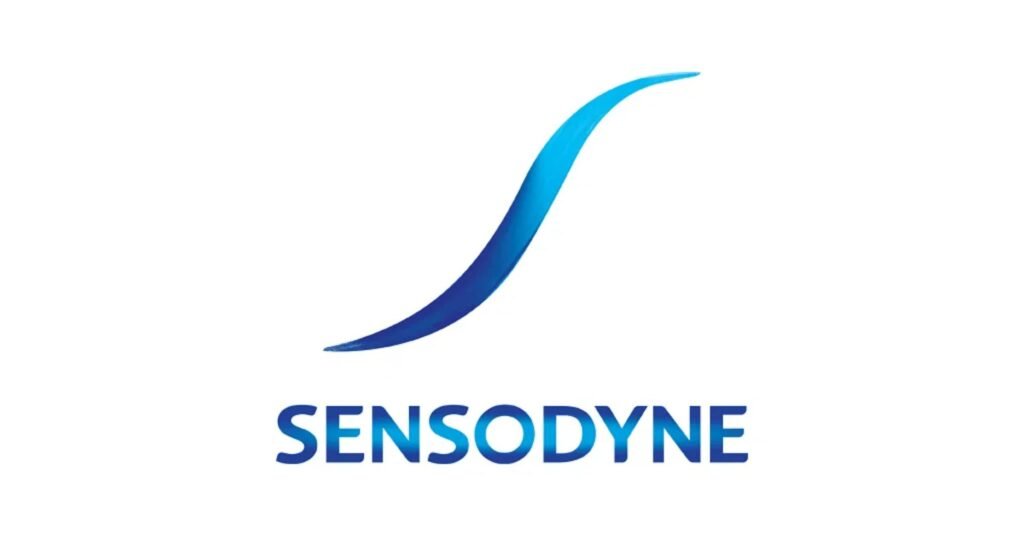
The Indian oral care market is highly competitive, with multiple legacy brands offering a range of products from mouthwashes to toothpastes. Despite this competition, the market has seen significant growth over the years and is estimated to be valued at $1.8 billion in 2023, with toothpaste contributing to around 70% of this share. Sensodyne, a brand that leads the sensitive toothpaste segment in India, is owned by consumer health company Haleon and was launched in 2011 to compete with well-established brands such as Colgate, Pepsodent, Closeup, Dabur, and Patanjali.
While many of these well-established brands have relied on celebrity-driven commercials or catchy jingles to capture the market, Sensodyne has consistently focused on clinical representations and white coat endorsements to push its message. The brand has been successful in creating an aura of “medicare” around tooth sensitivity, something that had not been identified by other oral care brands prior to Sensodyne’s launch.
Bhawna Sikka, Category Head, Oral Healthcare, Haleon, explains that the company’s entire product line caters to Indians who suffer from sensitive teeth. She states that Sensodyne identified the problem, created awareness about it, and provided a solution through its toothpaste, thereby building a lot of trust among consumers. The brand’s success can be attributed to its consistent brand persona and messaging.
To market such a product comes with many creative challenges, but Sensodyne has focused on a peculiar marketing strategy that includes TV advertising, digital platforms, OTT, print, and radio platforms. The brand has also launched other products to upsell and cross-sell with its flagship offerings, including toothbrushes, mouthwash, and other toothpaste variants under its entry-level “Essential Care” range. Sensodyne has also undertaken social campaigns in partnership with the Indian oral care fraternity to spread awareness about the necessity of oral hygiene.
While the brand previously faced complaints for its ads featuring white-coat endorsements, it has since discontinued those ads and focused on creating social campaigns in partnership with dental camps to create awareness about the basics of dental hygiene and oral care. Commenting on the brand’s distribution strategy, Sikka notes that the endeavor is ongoing, and the brand is making sure that it is present wherever the consumer is, including grocery stores, chemists, and e-commerce platforms.




